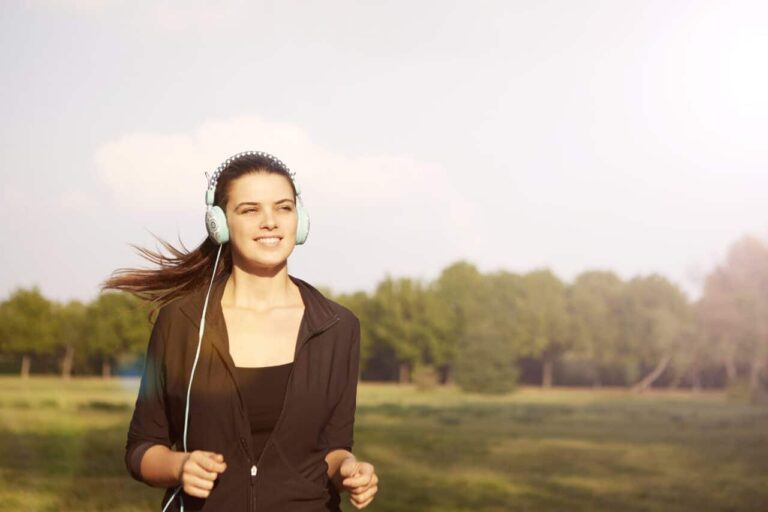Getting regular exercise has an enormously positive effect on your physical and mental health. Many people in particular enjoy exercising outside as you have the added benefit of fresh air and sunshine. However, allergy symptoms like nasal congestion and watery eyes can make exercise more difficult.
Let’s look at a few ways you can get outdoor exercise while keeping your allergy symptoms at bay and when you should opt for an indoor workout.
Is It Safe to Exercise Outdoors with Allergies?

If you have allergies or asthma that is worsened by allergies or exercise, you should always talk with your medical provider about what activities are safe and what are not, especially if starting a new workout regime. Remember to take any allergy medication or other allergy treatments as prescribed to lessen your symptoms.
Some studies have shown that recreational outdoor exercise, particularly in colder temperatures, can reduce allergic airway inflammation and improve allergy symptoms. However, every person is unique, and if you notice your symptoms worsen while exercising outdoors, it may be wise to stick to indoor activities.
Check the Weather and Pollen Count
Before you head out for a jog or bike ride at Governor’s Park, be sure to check and see what the weather and pollen levels are like in Charleston (or wherever you are located) that day. If the pollen count is high, or it’s especially dry or windy, you should work out indoors that day. On the other hand, rain can dampen pollen, so after a shower may be a good time to head outdoors.
Time of Day Matters
Pollen counts vary based on the time of day. They tend to rise in the mornings and peak midday before starting to fall. If you want to exercise outdoors, late afternoon or early evening should be better for your allergies.
Consider Your Location
Areas that are heavily wooded or surrounded by grass or fields are more likely to cause your allergy symptoms to flare up. On the other hand, large bodies of water have lower pollen counts, so activities like kayaking or other water sports may be a good bet.
Wear Protective Gear and Wash Your Clothes After Being Outside
Things like a hat and sunglasses can help keep pollen and other allergens out of your eyes when working out outdoors. It’s also very important to change clothes, put any clothes that were outside in the wash and wipe off any gear.
It’s also a good idea to shower to wash any pollen off of your hair and body to prevent you from tracking it through the rest of your home.
To learn more or to schedule an appointment with an expert allergist, call Charleston ENT & Allergy today.
